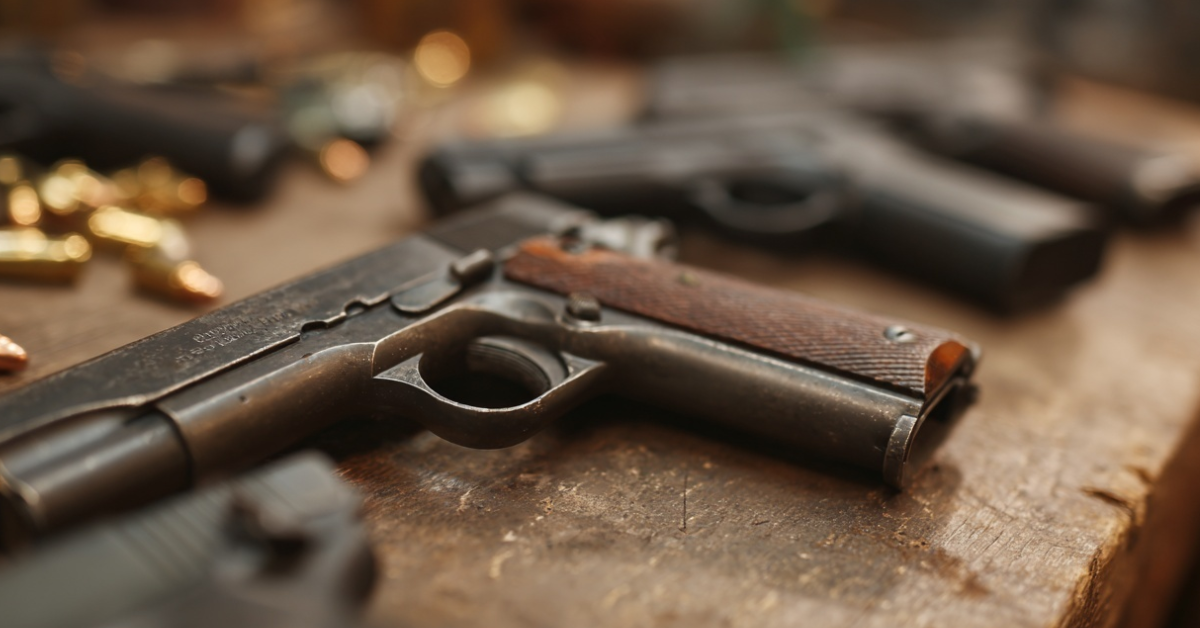A coalition of gun rights groups has filed a brief in Duarte v. United States, urging the Supreme Court to overturn the lifetime firearm ban for nonviolent felons. They argue that history shows peaceable citizens, even those with past convictions, retained their right to bear arms.
LISTEN TO THIS ARTICLE
WASHINGTON, D.C. (3-minute read) — A coalition of prominent gun rights organizations, including the Firearms Policy Coalition (FPC), National Rifle Association (NRA), FPC Action Foundation, and Second Amendment Foundation, has formally asked the U.S. Supreme Court to review a case that could reshape firearm rights in America.
The case, Duarte v. United States, centers on the federal law that permanently prohibits individuals with nonviolent felony convictions from owning or possessing firearms. The groups argue that such a sweeping lifetime ban contradicts both the original intent of the Second Amendment and long-standing American legal traditions. In a newly filed brief, they assert that history supports the right of nonviolent individuals to bear arms, even if they have a criminal past.
“Historically, nonviolent criminals—including nonviolent felons—who did not demonstrate a propensity for violence retained the ability to exercise their right to keep and bear arms,” the brief states. In some cases, the law not only permitted these individuals to be armed, but actually required it.
Brandon Combs, president of the FPC, explained, “Never in our history has any government had the authority to permanently disarm an individual for non-violent crimes. The lifetime federal ban of today would have been unthinkable to the Founding Fathers. The Supreme Court should grant review in this and other cases to restore the right to keep and bear arms of all peaceable Americans.”
Second Amendment and Nonviolent Offenders
This case presents a direct challenge to the federal government’s authority to impose blanket bans on entire classes of people without consideration for individual behavior or risk. Advocates argue that a nonviolent conviction does not inherently indicate a threat to public safety, and thus should not justify the loss of a fundamental constitutional right.
If the Supreme Court grants certiorari and rules in favor of Duarte, the decision could restore gun rights for thousands of Americans who have completed their sentences and gone on to live law-abiding lives. It would also establish new legal precedent clarifying the limits of government regulation under the Second Amendment.
The coalition hopes that the Court will use this opportunity to reinforce constitutional protections for peaceable citizens and push back against overreaching federal restrictions.
Safety Tip: Always know the firearm laws in your state, especially if you have a criminal record. Legal definitions and restrictions can vary widely and change over time. Consult with an attorney or firearm rights group to understand your eligibility before owning or carrying a firearm.
Read full article here


